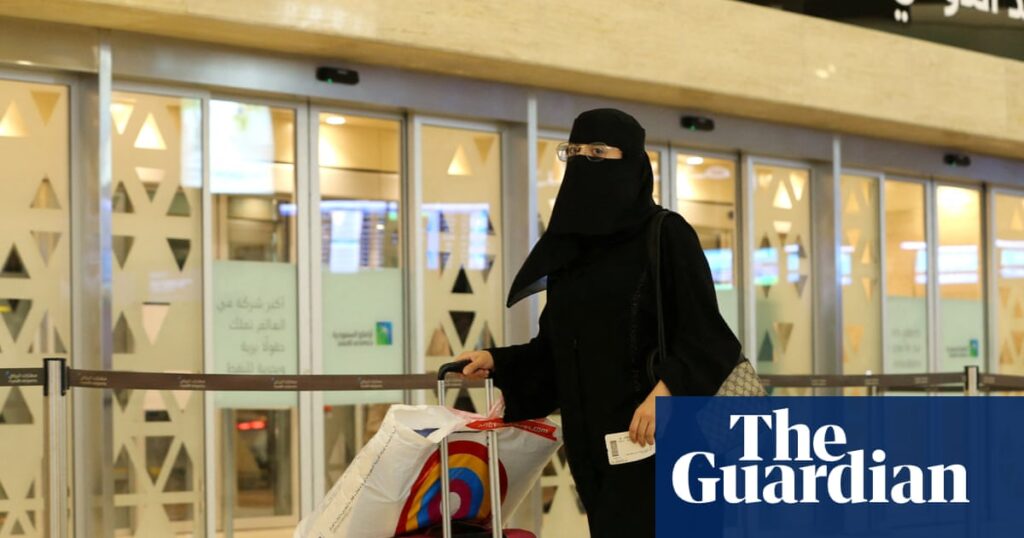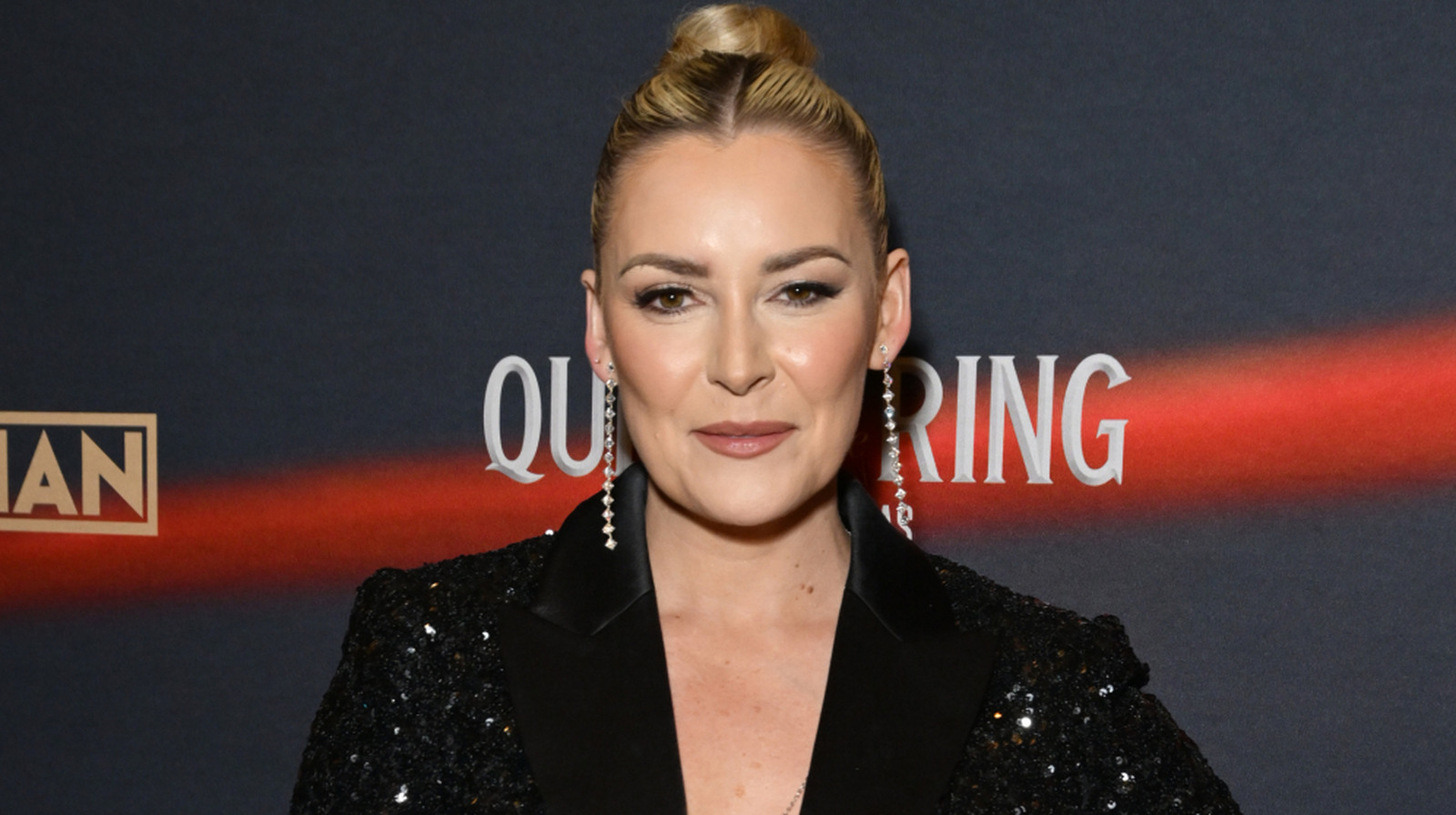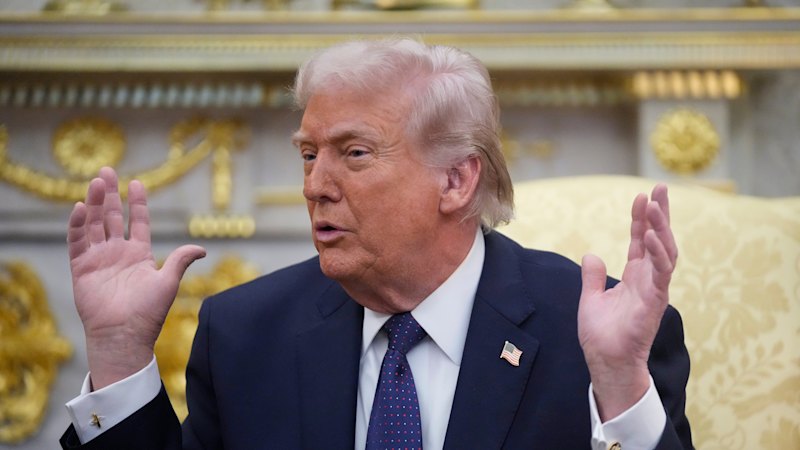
Saudi Arabia is facing mounting criticism from human rights organizations for allegedly imposing travel bans on numerous citizens, including high-profile women’s rights activists. This move, described as “cruel” by critics, is seen as an attempt to stifle dissent within the kingdom.
Among those reportedly affected are prominent figures like Loujain al-Hathloul, known for her role in advocating for women’s right to drive, and Maryam al-Otaibi, who, along with her sisters, has been targeted by authorities due to her activism. These travel restrictions often extend to family members, amplifying the impact of the bans.
Contradictory Signals Amid Global Engagement
The timing of these travel bans coincides with Saudi Arabia’s efforts to attract international tourists and its hosting of major cultural and sporting events, such as the 2034 FIFA World Cup. This juxtaposition of welcoming global visitors while restricting its own citizens’ movements raises questions about the kingdom’s commitment to reform.
Lina al-Hathloul, an activist and sister of Loujain, highlighted the strategic shift in Saudi tactics. “Saudi Arabia has really been in the spotlight over the imprisonment of political prisoners, including my sister. It was difficult to justify and brought negative PR. It is much easier for them to have travel bans to control people,” she stated.
“[These travel bans] are a new tactic to not only silence critics, but to make sure the people around them that could be their voice are also silenced. It’s a collective punishment on the family,” Lina al-Hathloul added.
Legal and Human Rights Concerns
After their release from prison, many activists face travel bans, either announced in court or discovered when attempting to leave the country. The human rights organization ALQST has identified 20 individuals under what it describes as “cruel and unlawful” court-imposed travel bans, though it suspects many more are subject to unofficial restrictions.
Loujain al-Hathloul’s original prison sentence included a travel ban set to expire on November 12, 2023. However, she remains unable to travel, according to ALQST, despite no formal notification of a new ban from authorities.
“They [former prisoners] can be seen in public life, which gives the impression of freedom to the outside world. But the authorities and the former prisoner know very well that they have to live in constant self-censorship, not able to voice their opinions, concerns or prison experiences,” Lina explained.
Official Responses and International Pressure
In response to United Nations inquiries, Saudi officials claimed that Loujain al-Hathloul and Maryam al-Otaibi face no restrictions beyond those specified in court judgments. However, this assertion is contested by human rights groups and activists who argue that the reality on the ground tells a different story.
The international community continues to scrutinize Saudi Arabia’s human rights record, particularly as the kingdom seeks to present itself as a modernizing force in the region. The travel bans, seen as a method of control, conflict with the image of openness that Saudi Arabia is attempting to project.
Implications and Future Outlook
The travel bans on activists in Saudi Arabia highlight the ongoing struggle between reformist rhetoric and restrictive practices. As the kingdom positions itself on the global stage, the treatment of its citizens remains a critical test of its commitment to change.
Moving forward, the international community will likely continue to monitor these developments closely, with potential implications for Saudi Arabia’s diplomatic relations and its ability to attract foreign investment and tourism. The situation underscores the complex dynamics at play as the kingdom navigates its path towards modernization.







